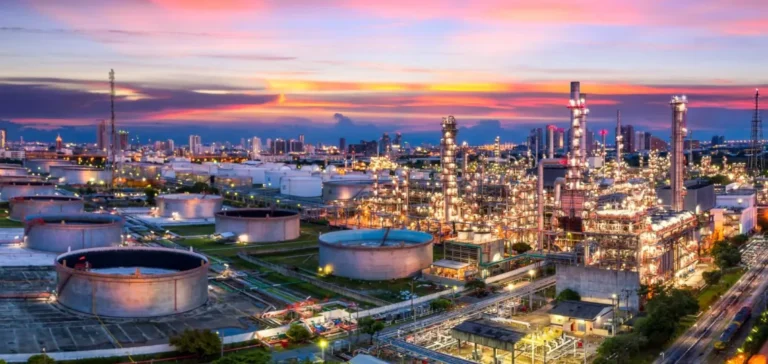Japan Petroleum Exploration Co., Ltd. (JAPEX) has obtained approval from Japan’s Ministry of Economy, Trade and Industry to begin exploratory drilling in a designated offshore area near Tomakomai, on the island of Hokkaidō. The operation aims to confirm the presence of geological formations suitable for carbon dioxide storage under the Tomakomai Carbon Capture and Storage (CCS) project.
The licence follows the ministerial designation of the offshore zone in February, under the Act on Carbon Dioxide Storage Business. Once the application window was opened, JAPEX submitted its proposal and has now been granted authorisation. Drilling is expected to begin in November 2025, after the completion of technical and logistical preparations.
Two test wells before an investment decision
As part of this exploratory phase, JAPEX plans to drill two test wells using offshore drilling equipment. The data collected will be used to assess the geological conditions and support a final investment decision, which is expected before the end of the 2026 fiscal year.
The Tomakomai CCS project involves several Japanese companies and foresees the capture of carbon dioxide from Idemitsu Kosan Co., Ltd.’s Hokkaidō refinery and from the Tomato Atsuma power station operated by Hokkaido Electric Power Co., Inc. JAPEX would oversee the underground injection and storage of the captured CO₂.
Operational target set for 2030
The initiative is part of the “Engineering Design Work for Advanced CCS Projects” programme commissioned to JAPEX by the Japan Organization for Metals and Energy Security (JOGMEC). The goal is to commence CO₂ storage operations by the 2030 fiscal year, subject to positive outcomes from the exploration phase.
The company stated that safety would remain its top priority during drilling activities, while coordinating with local authorities, regional organisations and fishing communities to ensure stakeholder engagement in the targeted area.






















